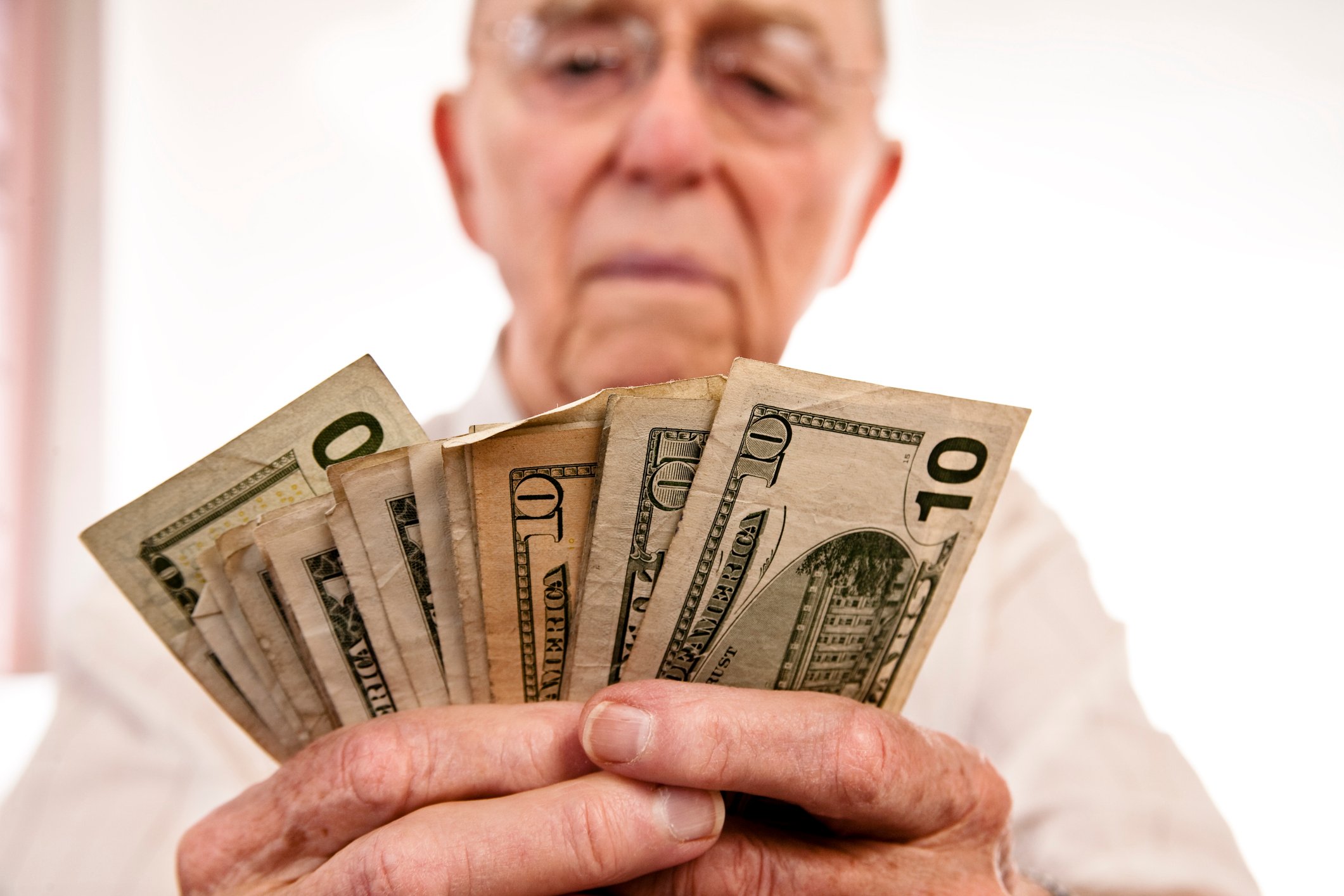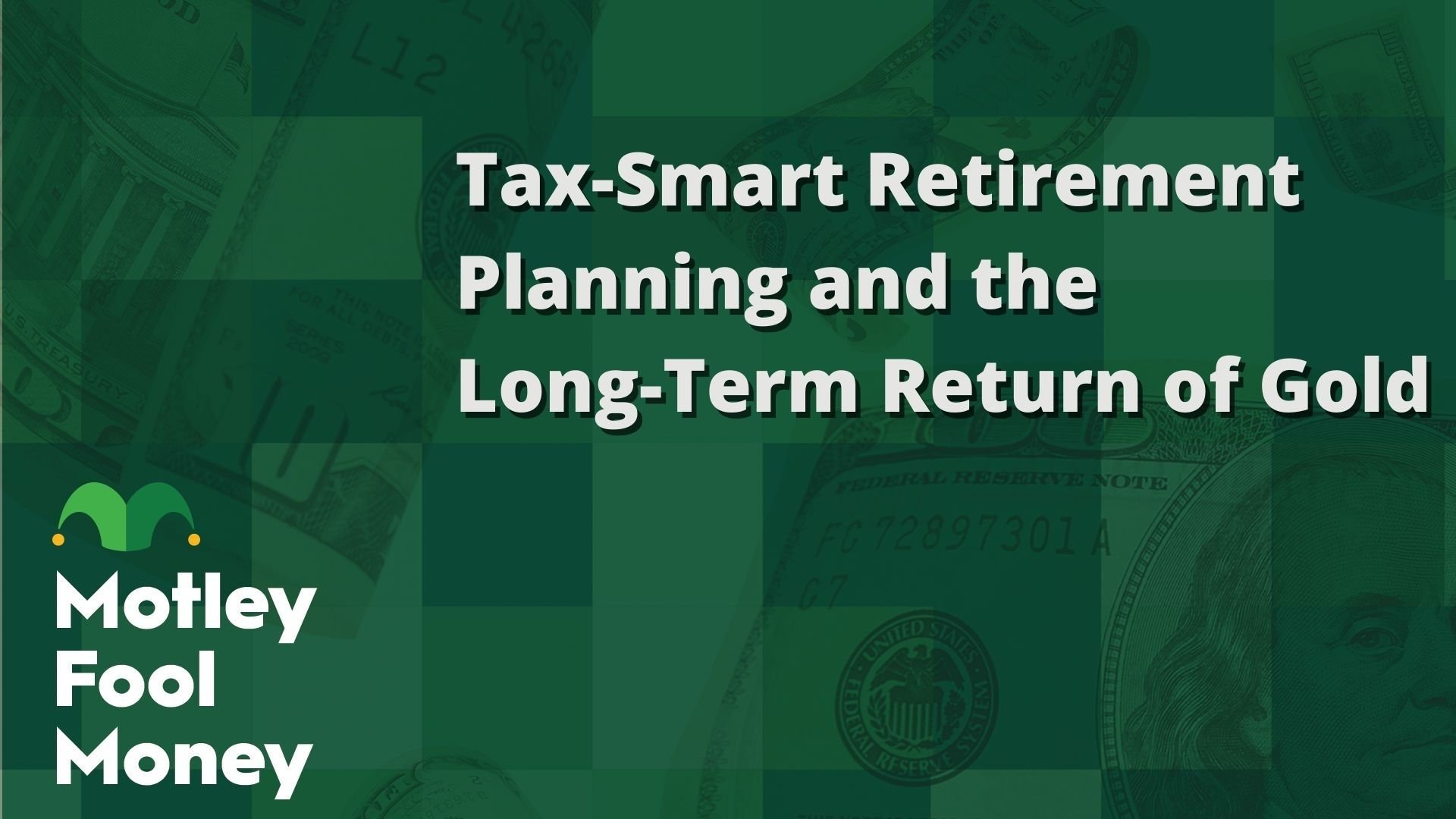"Money never made a man happy yet, nor will it. There is nothing in its nature to produce happiness. The more a man has, the more he wants."
-- Benjamin Franklin
It's common to hear that money doesn't buy happiness, but that's cold comfort to anyone struggling to make ends meet. Opinions actually differ greatly on the topic, with some believing that all their problems could be solved if they only had more money, and others asserting that the most important things, such as health and love, cannot simply be bought.

Image source: Getty Images.
A recent survey from the folks at The Ascent tackled the age-old question, and found that... opinions still differ. Here's a closer look at some of their findings.
The survey says...
When asked the big question -- can money buy happiness? -- here's how people responded:
- Absolutely yes: 17%
- To an extent: 56%
- Not really: 19%
- Not at all: 8%
Expressed even more simply, 73%, or three-quarters, think that money can buy happiness, at least to some degree, while 27%, or a quarter of respondents, disagree. In addition, 63% of respondents thought that wealthier people were happier.
The debt factor
One issue affecting how happy many of us are is debt: Those struggling under the weight of heavy obligations can find it hard to be hopeful or happy. Indeed, fully 97% of respondents said they'd be happier if they didn't have debt. But having debt doesn't doom people to unhappiness. Overall, 70% of those with debt were satisfied with their lives -- not too far off from the 83% of those without debt who felt the same.
The type of debt one has is a factor, as well, because some debt is more problematic than other kinds. Mortgages, for example, are rather unavoidable for most people who want to buy a home, and they generally sport low interest rates, at least in recent years. But credit card debt is far more pernicious, with average interest rates in the high teens. It's not unusual for someone with credit card debt to owe $10,000 or $20,000 on card(s), and if they're being charged, say, 20% interest, they're looking at paying a whopping $2,000 or $4,000 each year -- in interest alone. (Sure, they may pay off their debt quickly, but lots of people don't. The same survey by The Ascent found that fully 74% of those with debt have paid only the minimum due on at least one of their debts, while 21% have paid less than the minimum payment on at least one debt.)
Drilling down into satisfaction levels of people with various kinds of debt, the survey found that 86% of those with mortgage debt were satisfied with their lives, as compared with only 75% of those with credit card debt. Those with student loans and medical debt scored even lower, with 71% and 64%, respectively, feeling satisfied.
The financial road to happiness
With most people seeming to think that happiness and money are at least somewhat related, how might you best aim for happiness? Well, getting out of debt as soon as possible is a great start -- at least with any high-interest rate debt. Beyond that, even if you don't think you're rich, researchers have found various ways to spend money that tend to boost our happiness. Here are some:
- Give money away. You might give money to charity or to someone you run across who is in need. You might alternatively spend it on a loved one -- perhaps buying a friend a gift or offering to pay for a college student's books. As far as you are from the kind of net worth that you'd like to have, there are millions of people who are in far worse financial conditions, and you can get a lift from lifting others.
- Buy yourself some time. If you can free up some time for yourself, perhaps by hiring someone else to mow your lawn, clean your home, or watch your kids, studies suggest that you'll be happier. After all, you'll be more likely to be able to do something you want to do. Other possibilities include getting take-out food for your next family gathering instead of spending half a day preparing a big meal for everyone, taking a cab or using a ridesharing service to get somewhere instead of using public transportation, or getting a robotic vacuum cleaner to minimize your need to vacuum.
- Spend money on experiences instead of objects. You might think that a big-screen TV will deliver thousands of hours of happiness, but research suggests that we quickly get used to new things, and their happiness-inducing power quickly recedes. But when we buy experiences, the experience itself and the memories of it afterward tend to be more powerful happiness generators. A family vacation, for example, will keep on giving as you and your kids occasionally remember and chuckle about various aspects of it, or review photos from the trip, or wear souvenir apparel you bought on the trip.
Money may not buy utter happiness, but spent in certain ways, it can certainly make you at least somewhat happier. Be sure that you're tending to your future happiness, too -- by saving and investing for your retirement.





